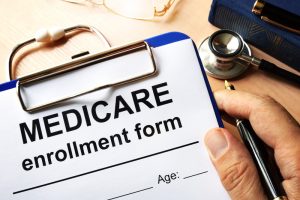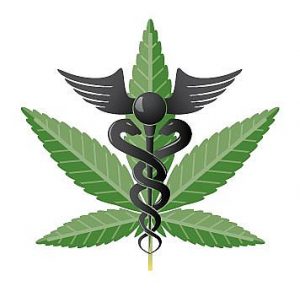 By: Jeff Cohen
By: Jeff Cohen
There are two criminal cases pending in Palm Beach County that threaten to put a bullet in the heart of healthcare professionals and businesses and also the law practices that advise them. Both State v. Simeone and State v. Kigar have a motion from the State pending before them to block any testimony that the defendants received legal advice concerning a contract entered into by an addiction treatment facility and a sober home. The State alleges that the contract violates the state Patient Brokering Act (PBA) because it was essentially a ruse whereby the addiction treatment facility was just paying for the sober home to refer patients. Now the State wants to make sure that the entire issue of the defendants being advised by counsel never sees the light of day.
How is this possible? How can it be that a client can seek legal counsel, get advise (and presumably follow it), and then be blocked from presenting that evidence? The State argues that the PBA has no wording that requires them to prove intent. And if intent isn’t an element to be proven, the argument goes, then evidence of the client intending not to violate the law by getting advice beforehand is inadmissible! Continue reading


 By:
By:  By:
By:  A recent ruling by a state trial court handling the Palm Beach County Sober Home Task Force prosecutions against providers of addiction treatment and sober home services is creating lots of confusion and alarm around the state and could have very far reaching consequences for the entire healthcare industry well beyond addiction treatment.
A recent ruling by a state trial court handling the Palm Beach County Sober Home Task Force prosecutions against providers of addiction treatment and sober home services is creating lots of confusion and alarm around the state and could have very far reaching consequences for the entire healthcare industry well beyond addiction treatment.
 By:
By:  By:
By: 
 By:
By:  By:
By:  By:
By: